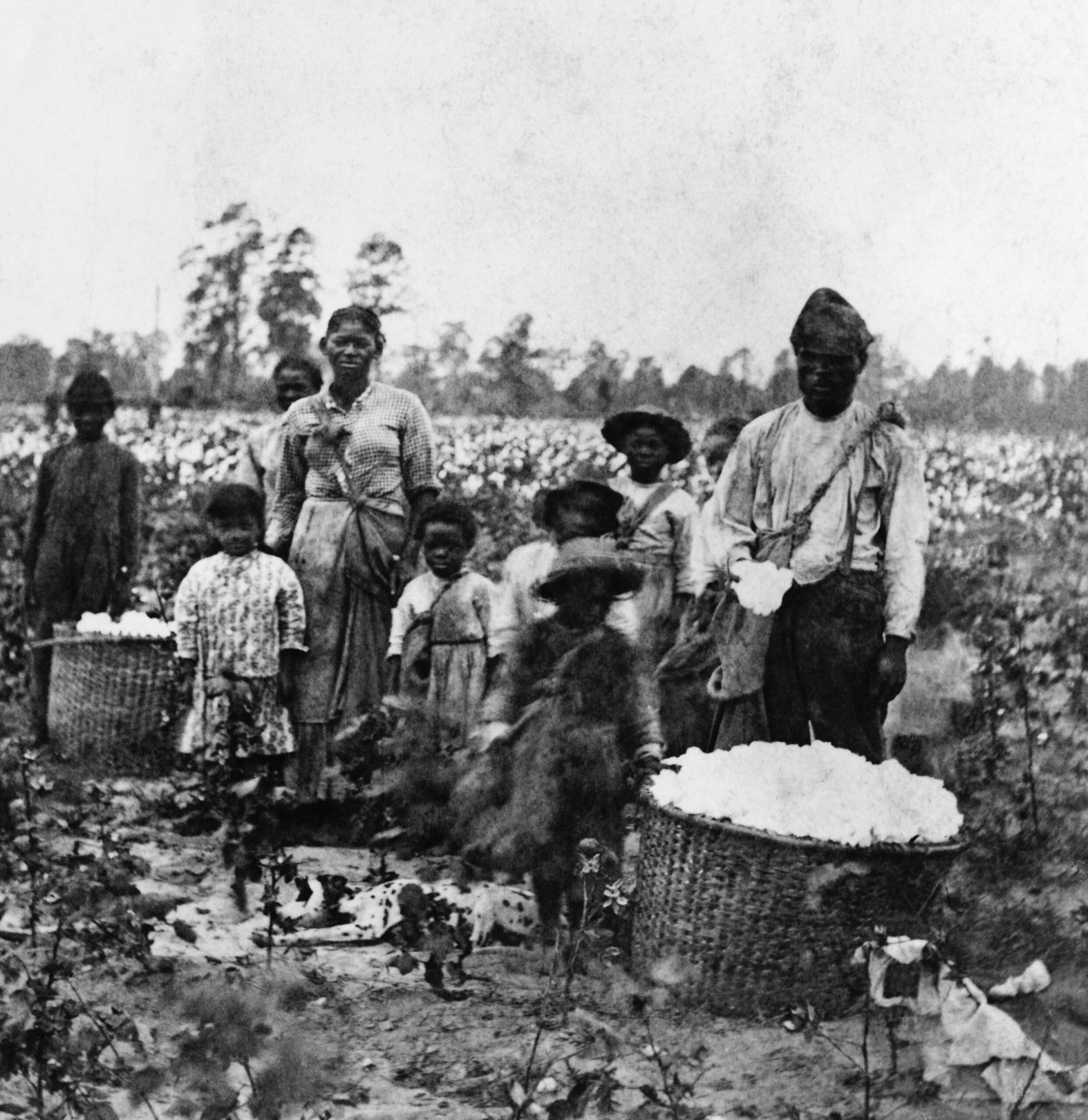The Baha’i Faith, with its profound emphasis on unity, justice, and the elimination of prejudice, offers a unique lens through which to examine the historical practices of slavery, particularly in the context of the Confederacy and the evolving memory of these events. This exploration necessitates a nuanced understanding of the interrelation between historical context, religious perspectives, and societal evolution. By delving into the Baha’i teachings, we can glean insights that resonate with contemporary discourses surrounding freedom, equality, and the legacies of injustice.
One must first establish an understanding of slavery as it manifested in the United States, particularly in the Southern states. The Confederacy, formed from states that seceded from the Union primarily to perpetuate the institution of chattel slavery, stands as an emblem of resistance to the egalitarian ideals emerging elsewhere in the nation. Baha’i teachings categorically denounce slavery, advocating for the emancipation of the human spirit from servitude and oppression. The core principle of the oneness of humanity resonates deeply here, as it underscores the notion that all individuals, irrespective of race or background, possess intrinsic worth.
The ideological underpinnings of the Confederacy were steeped in a worldview that viewed African Americans as inferior beings. This archaic belief system facilitated both the justification and perpetuation of slavery. The Baha’i writings assert that any ideology founded on the misapprehension of human equality is inherently flawed. Abdu’l-Baha, one of the most prominent figures in the Baha’i Faith, articulated that “the best way to establish equality between races is to help and assist one another.” This assertion fosters a vision of interdependence, urging society to dismantle structures of discrimination and cultivate a collective consciousness that embraces diversity and inclusivity.
In contemporary society, the remnants of slavery and its associated prejudices continue to echo, demanding a critical reflection on our collective memory. The Civil Rights Movement of the 1960s, while a pivotal moment in dismantling institutional racism, also left an indelible mark on public consciousness. The Baha’i perspective encourages a dialogue around reconciliation and healing, advocating for a recognition of past grievances as a precursor to genuine unity. This process involves acknowledging the ongoing impact of historical injustices and deliberately working towards rectification through education and community engagement.
Moreover, the Baha’i teachings advocate for the elevation of all peoples, which extends beyond mere acknowledgment of historical wrongs. Activism rooted in Baha’i principles compels individuals and communities to engage not just in reflective practices but also in active participation in social justice endeavors. This commitment can take multiple forms, from fostering inclusive education systems to advocating for policy reforms that address systemic inequalities rooted in the legacy of slavery.
A critical examination of modern memory involves scrutinizing monuments, narratives, and symbols that commemorate the Confederacy. The Baha’i teachings promote a philosophy that prioritizes remembrance—the remembrance of those who suffered under oppressive regimes while championing the alterations necessary for fostering a unified society. The ongoing debates surrounding the removal of Confederate statues epitomize the wrestle between honoring historical narratives and the imperative to foster an inclusive society. Baha’is view this as a fundamental moment to consider how history is recorded and which narratives are uplifted, advocating for the recognition of marginalized voices that resonate with the principles of justice and equality.
Applying Baha’i teachings to the discourse on slavery and the Confederacy invites a reimagining of memory itself. It suggests that collective memory should serve as a bridge rather than a barrier—a means to engage in dialogue that ultimately fosters reconciliation. Through principles of justice, the transformative power of forgiveness, and the pursuit of knowledge, Baha’is are encouraged to cultivate spaces for dialogue that honor both the past and the aspirations for a united future.
Furthermore, at the crux of Baha’i teachings is the calling to eliminate prejudice of all forms. There are potent lessons to be drawn from the historical context of slavery that inform contemporary approaches to combating systemic injustices, including racism, discrimination, and inequality. The teachings emphasize the need for a proactive stance, where individuals not only recognize the existence of inequality but also work diligently to dismantle the structures that perpetuate it.
A confluence of activism, education, and community engagement rooted in Baha’i philosophy offers a comprehensive approach to understanding and addressing the remnants of slavery and its significance in the narrative of modern memory. Emphasizing the oneness of humanity calls for a reassessment of our legacies not simply as remnants to be preserved, but as evolving narratives that inform our shared societal responsibilities. To this end, meditation on the injustices of the past must galvanize a collective commitment to equity and justice today, ensuring that the lessons learned from history continue to engender a brighter path forward for all.
In conclusion, the intersection of Baha’i teachings, the history of slavery, and contemporary memory encapsulates a dialogue that is essential for societal progression. Embracing diversity, fostering unity, and actively engaging in justice-oriented practices can pave the way toward a more inclusive and harmonious future. This discourse not only enriches our understanding of the past but ensures that the mistakes of history do not become the blueprints for our mutual future.
